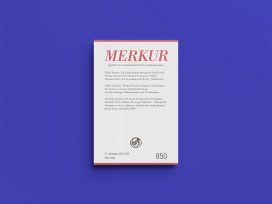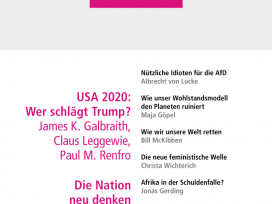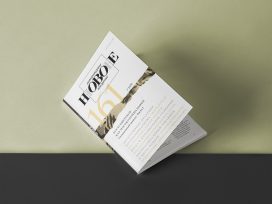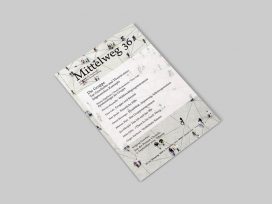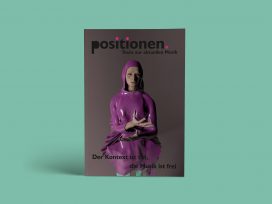Positionen asks whether contemporary music is liberated or reshaped by the media environment. Including articles on AI and composition and ‘schweigen’/silence as performance.
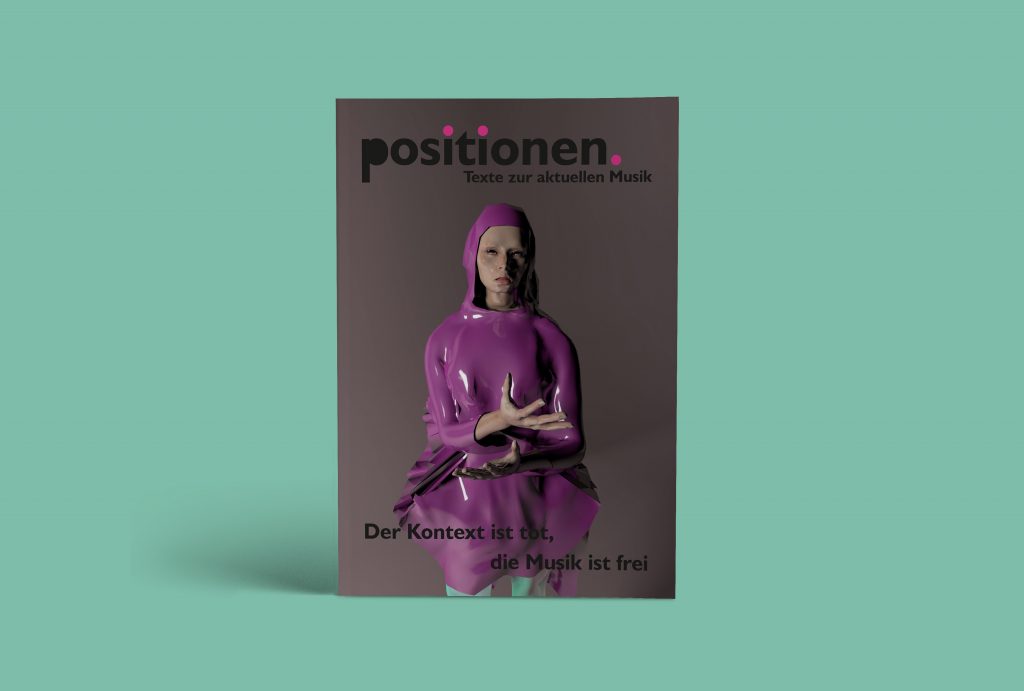 Positionen re-evaluates contemporary music’s apparent freedom from context, asking whether it is liberated or reshaped by the media environment.
Positionen re-evaluates contemporary music’s apparent freedom from context, asking whether it is liberated or reshaped by the media environment.
AI: Composer Genoël von Lilienstern examines artificial intelligence’s impact on recent music production. AI’s musical advancements are set against its shortfalls and questions are raised regarding its overall efficiency, quality and hidden cheap labour. Lilienstern recognizes AI’s success in emulating punk, hardcore and heavy metal but questions its capacity to create something entirely new.
‘Perhaps mankind will eventually harness the high-levels of energy consumption required to get an extremely complex AI model up and running. Or, perhaps, when it does become possible, we would rather deal with completely different issues – pure survival, for example.’
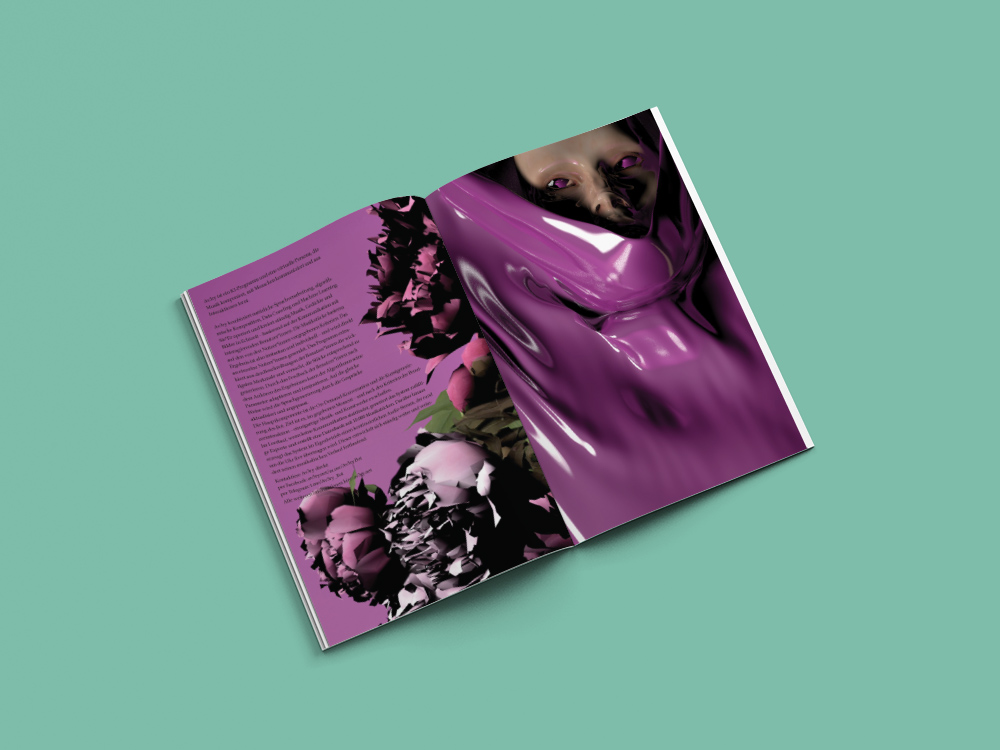 Silence: Nina Guo considers Schweigen – German for ‘being silent’ – as mode of action or non-performance. Some musicians choose not to perform in support of others, as was the case during the 1980s anti-Apartheid protests. Others do so to highlight their own plight, for example the Orquestra Sinfônica Brasiliera, whose members striked against the introduction of individual performance evaluations and threatened dismissals. But non-performers need an audience, Guo argues: ‘For disruption to work, there must be witnesses with thwarted expectations.’ Schweigen ‘becomes the ultimate freedom when artistic expression turns into a commodity.’
Silence: Nina Guo considers Schweigen – German for ‘being silent’ – as mode of action or non-performance. Some musicians choose not to perform in support of others, as was the case during the 1980s anti-Apartheid protests. Others do so to highlight their own plight, for example the Orquestra Sinfônica Brasiliera, whose members striked against the introduction of individual performance evaluations and threatened dismissals. But non-performers need an audience, Guo argues: ‘For disruption to work, there must be witnesses with thwarted expectations.’ Schweigen ‘becomes the ultimate freedom when artistic expression turns into a commodity.’
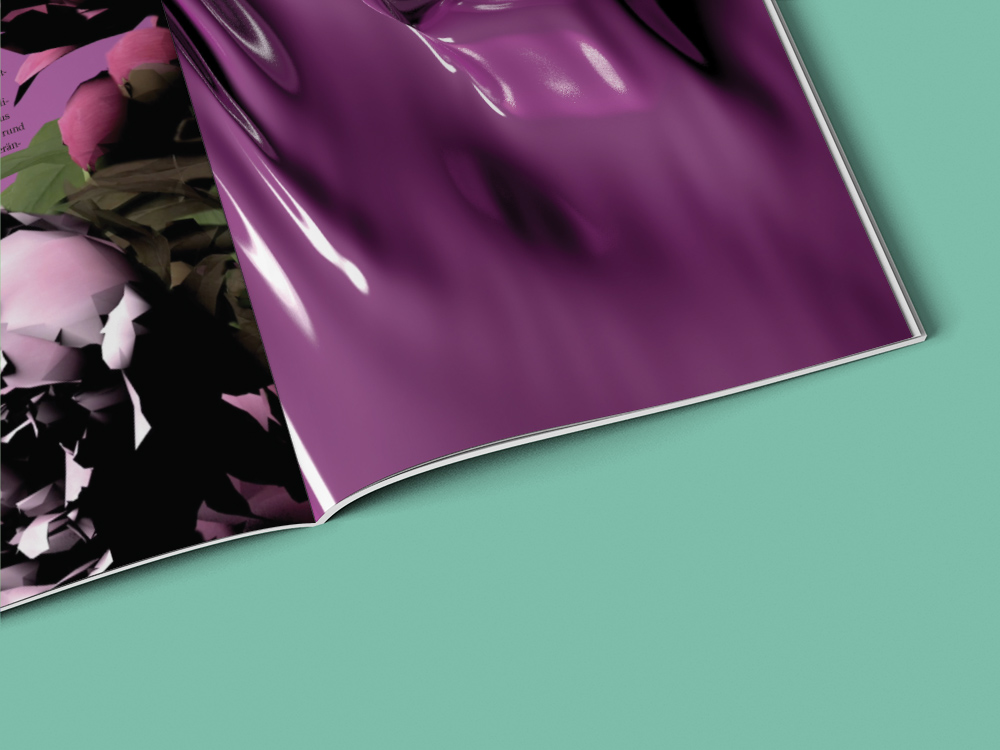 Future music: Composer Alexander Schubert and graphic artist Pedro González Fernández have created an avatar named Av3ry that combines natural language processing, algorithmic composition, data crawling and machine learning. Av3ry chats to its audience, composes music and writes poems based on user-specified criteria. Might this be the context-free future of music in the making? Readers are invited to send Telegram messages and respond to the personalized songs received.
Future music: Composer Alexander Schubert and graphic artist Pedro González Fernández have created an avatar named Av3ry that combines natural language processing, algorithmic composition, data crawling and machine learning. Av3ry chats to its audience, composes music and writes poems based on user-specified criteria. Might this be the context-free future of music in the making? Readers are invited to send Telegram messages and respond to the personalized songs received.
More articles from Positionen in Eurozine; Positionen’s website
Published 31 March 2020
Original in English
Contributed by Positionen © Eurozine
PDF/PRINTNewsletter
Subscribe to know what’s worth thinking about.
Related Articles

The technological link between the rifle and the film camera, the medial links between the Gulf War and Star Wars, the colonial history of bombs – piecing together historical and contemporary fragments reveals an image of Kurdistan as a testing ground for military technology unleashed without responsibility for its consequences.

While China moves into its fifth decade of extracting rare earths and raw materials, Europe remains stuck between nationalistic industry priorities and democratic principles.
